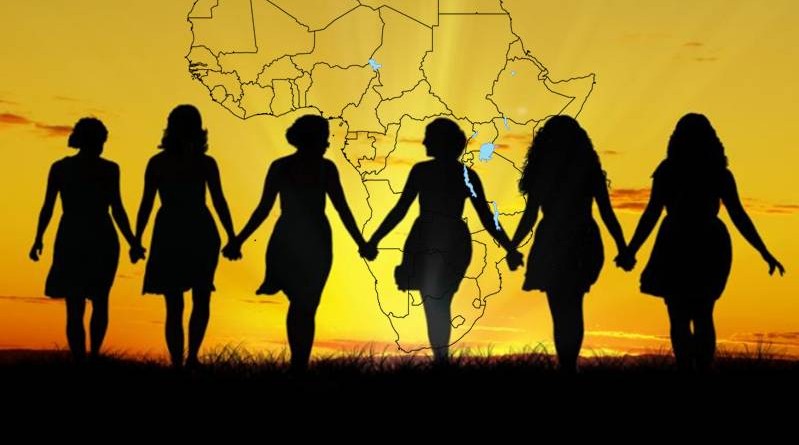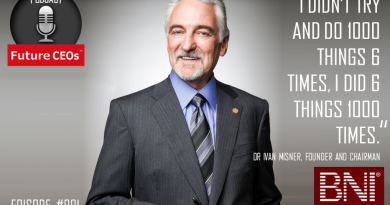Gas for Good: Akinwole Omoboriowo Emphasizes how Gas can be Used for Social and Economic Good of Africa
Natural gas is increasing its share in Africa’s energy portfolio, with environmental ambitions, energy security and accessibility, as well as domestic energy independence comprising key drivers of growth. Despite global stakeholders and environmentalists negative perception of the resource, natural gas holds significant, and even critical, benefits for Africa, as energy poverty continues to be a major hinderance of meaningful economic growth. Speaking at the Gas Exporting Countries Forum (GECF) workshop on promoting natural gas demand on Wednesday, Akinwole Omoboriowo II, Chairman of the board of directors, Genesis Energy Holding, provided valuable insight into the role of gas in Africa.
During his presentation, Omoboriowo II explained how natural gas can be used for the social good of Africa. With over 600 million without access to electricity across the continent, and with 13 million more people actually losing access in 2019-2020 due to the effects of the COVID-19 pandemic, any resource that can increase access and reduce energy poverty should be utilized.
“In Africa we have two problems: the access problem and the availability problem. About 50% of African countries have electricity output levels that are below 50% of demand,” stated Omoboriowo II.
Yet, Africa has significant natural gas resources that, if leveraged, could sufficiently meet demand, increasing access to electricity and driving associated socio-economic growth. According to Omoboriowo II, “Africa has over 600 trillion cubic feet of proven gas reserves, with Nigeria being the largest holder.” By utilizing gas, African can make energy poverty history by 2030.
Meanwhile, Omoboriowo II posited that natural gas can be used to meet net zero emissions targets and Sustainable Developed Goal 7 – ensuring access to affordable, reliable, sustainable and modern energy for all. Natural gas not only presents a clean option to address the continent’s power deficit, but is readily available and accessible across the entire continent.
“Low-carbon future is mostly touted via renewables, sidelining gas which is readily available in Africa. But what happens when the sun is not shining, or the wind is not blowing? Gas can bridge that gap. Gas can catalyze industrialization in Africa,” he added.
Finally, in his presentation, Omoboriowo II emphasized critical success factors for Africa’s gas market, suggesting that “accelerating private sector investment in gas developments remains crucial to fueling Africa’s economy and eradicating energy poverty.” Notable factors included sound policy frameworks, stimulating local demand, distributing gas supply infrastructure, and regional integration (through the supply to low reserve countries). Accordingly, by utilizing its significant resource base, Omoboriowo II states that Africa can drive socio-economic development and accessibility, making the continent’s goal of eradicating energy poverty a reality.
Conversations and debates on topics such as the role of natural gas in Africa will be top of the agenda at African Energy Week (AEW) 2021 in Cape Town, where industry experts and executives such as Omoboriowo II will be driving dialogue. With Africa’s position on global natural gas dialogue a key topic, AEW 2021 will provide the best platform whereby a collaborative and real discussion on the future of Africa’s energy sector, and natural gas, will be made. Register now at AEW 2021, taking place on the 9th-12th of November 2021, and join the conversation on African energy, Africa’s future, and how to position the continent as a global competitor.
AEW 2021, in partnership with South Africa’s Department of Mineral Resources and Energy DMRE, is the AEC’s annual conference, exhibition and networking event. AEW 2021 unites African energy stakeholders with investors and international partners to drive industry growth and development and promote Africa as the destination for energy investments.




